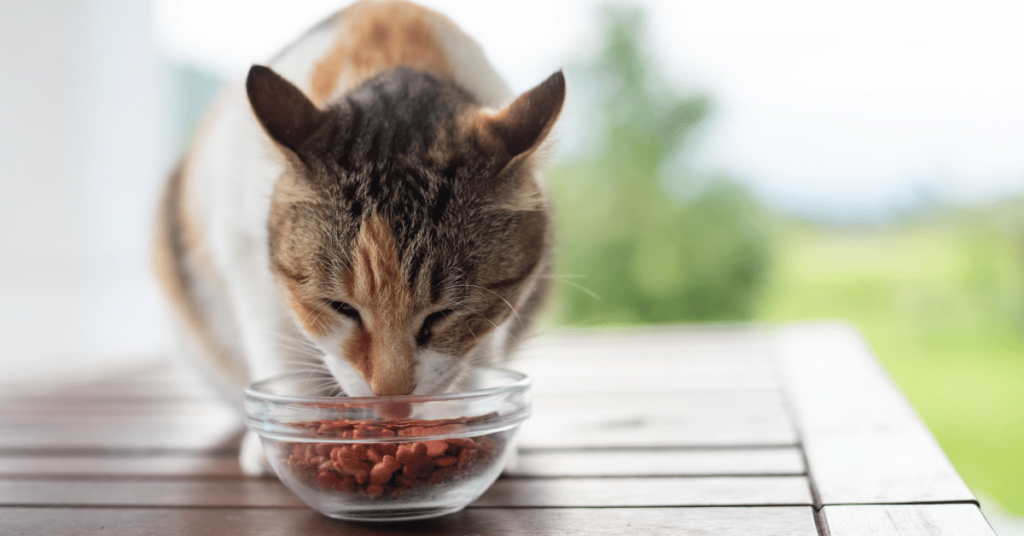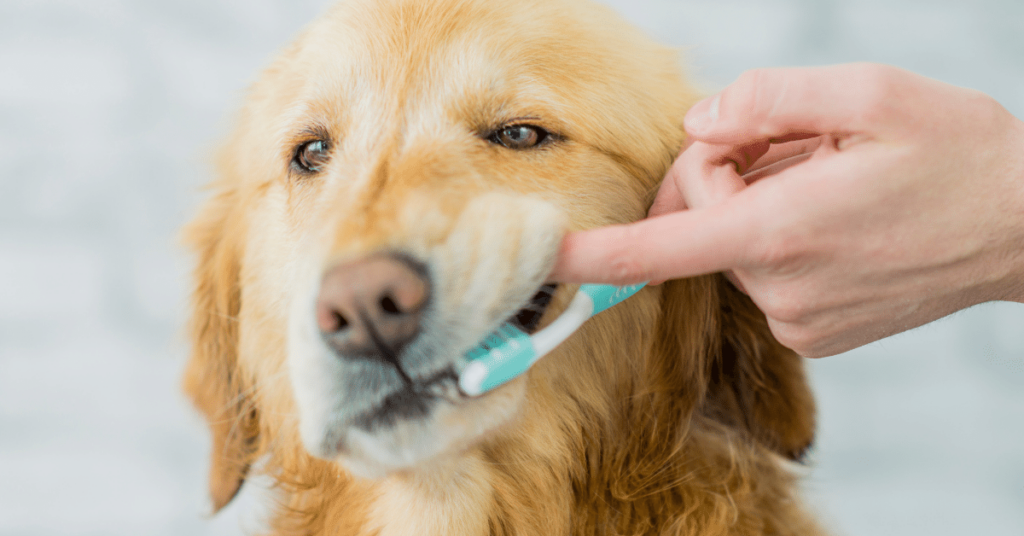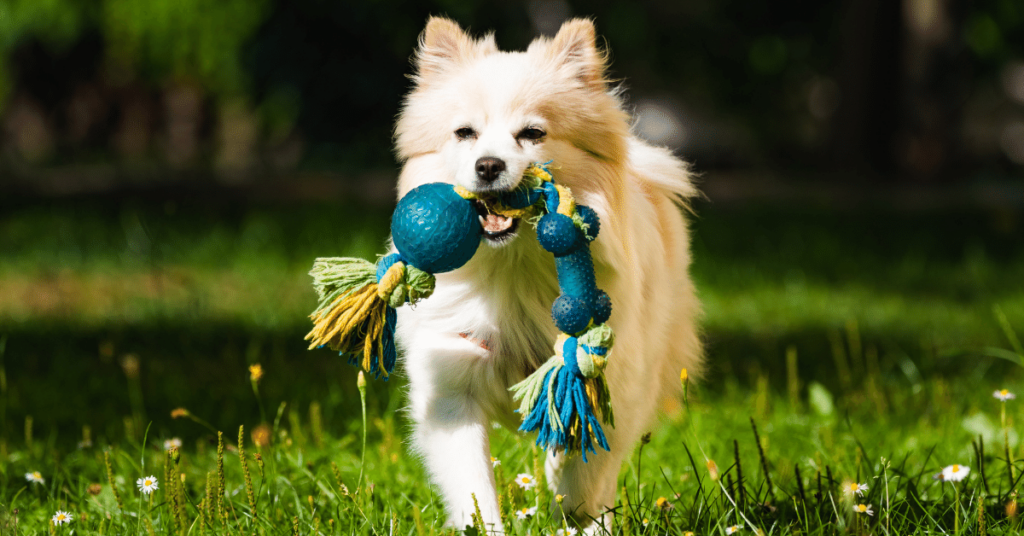Introduction
Feeding your pet plays a crucial role in their overall health and well-being. Just like humans, animals require a balanced diet to thrive. This comprehensive guide will enlighten you on the importance of proper nutrition for your beloved pet and provide valuable insights into the key nutrients they need.
The Importance of a Balanced Diet
A balanced diet is vital for pets as it provides the necessary nutrients to support growth, maintain optimal weight, and prevent various health issues. By ensuring your pet receives a well-rounded diet, you can enhance their immune system, improve their energy levels, and promote healthy organ function.
Understanding Your Pet’s Nutritional Needs
Different pets have different nutritional requirements. While dogs and cats are the most common pets, it’s important to note that their dietary needs differ. Dogs are omnivores, meaning they require both animal and plant-based proteins, while cats are obligate carnivores and thrive on animal-based proteins.
Essential Nutrients for Dogs
When it comes to dogs, protein is a crucial nutrient. High-quality sources of protein, such as lean meats, fish, and eggs, should form the foundation of their diet. Healthy fats, carbohydrates, vitamins, and minerals are also essential for their overall well-being. Remember to consult a veterinarian to determine the specific dietary needs of your dog based on their age, breed, and activity level.
Essential Nutrients for Cats
Cats have unique nutritional requirements due to their biological makeup. Animal-based proteins should make up the majority of their diet, with a focus on fresh, high-quality meats. Cats also require certain amino acids, fatty acids, vitamins, and minerals. Water is particularly important for cats too, as they have a low thirst drive. Providing wet food or ensuring a fresh water source is readily available is crucial for their hydration.
Avoiding Common Dietary Pitfalls
While ensuring your pet receives the necessary nutrients is essential, it’s equally important to avoid common dietary pitfalls. One common mistake is feeding pets an excessive amount of food, leading to obesity and related health problems. On the other hand, underfeeding can cause malnutrition and lack of energy. Portion control plays a vital role in maintaining a healthy weight for your pet.
Proper Feeding Schedule and Portion Control
Establishing a proper feeding schedule and practicing portion control is key to maintaining a healthy pet. Most pets thrive on regular meal times rather than free-feeding throughout the day. Consult your veterinarian to determine the appropriate serving sizes based on your pet’s age, breed, and activity level. Adjust as needed to ensure your pet maintains a healthy weight.
Identifying Food Allergies and Sensitivities
Just like humans, pets can also have food allergies or sensitivities. Common symptoms include vomiting, diarrhea, itchy skin, and hair loss. If you suspect your pet has an adverse reaction to certain ingredients, consult your veterinarian to determine the cause. Identifying and eliminating allergens from their diet can greatly improve their quality of life.
The Role of Supplements
In some cases, your pet may benefit from nutritional supplements. However, it’s important to consult your veterinarian before introducing any supplements into their diet. While certain supplements can provide added benefits, others may be unnecessary or even harmful if given in the wrong dosage.
Summary
Proper nutrition plays a vital role in the overall health and well-being of your pet. Providing a balanced diet that meets their specific nutritional needs is essential for their growth, energy, and longevity. Remember to consult your veterinarian for personalized dietary recommendations to ensure your pet receives the best possible care. By prioritizing their nutrition, you can help them lead a happy and healthy life.







